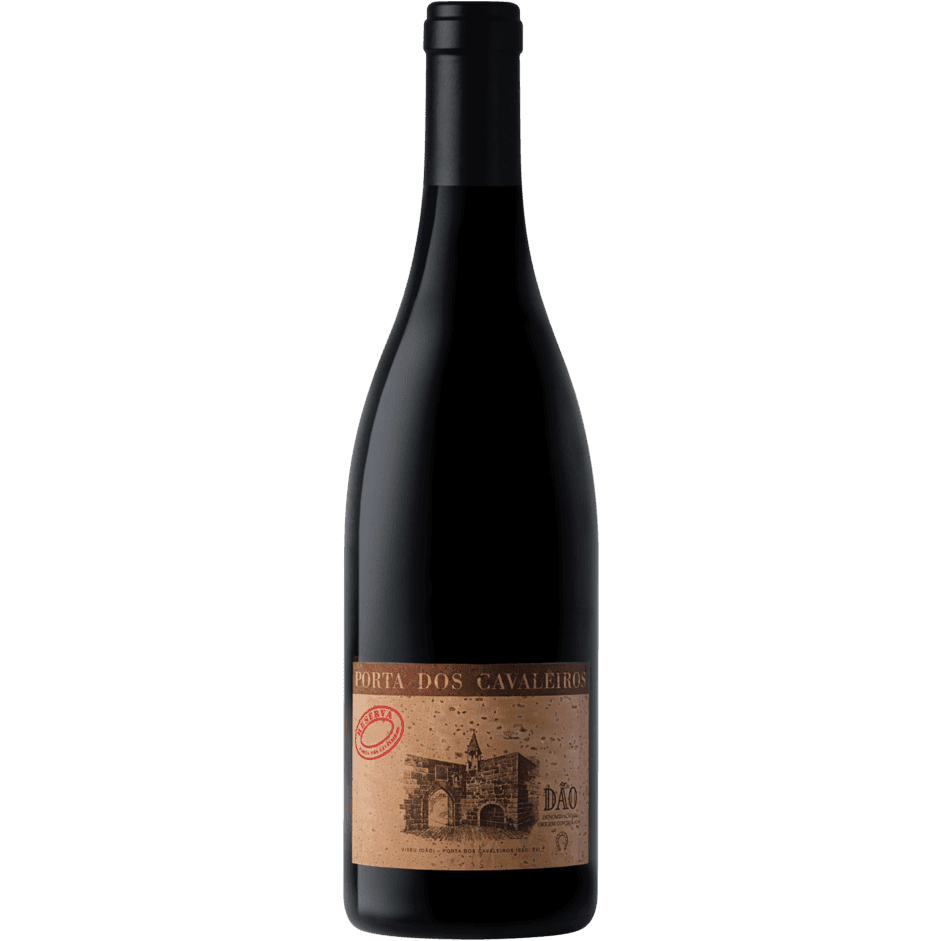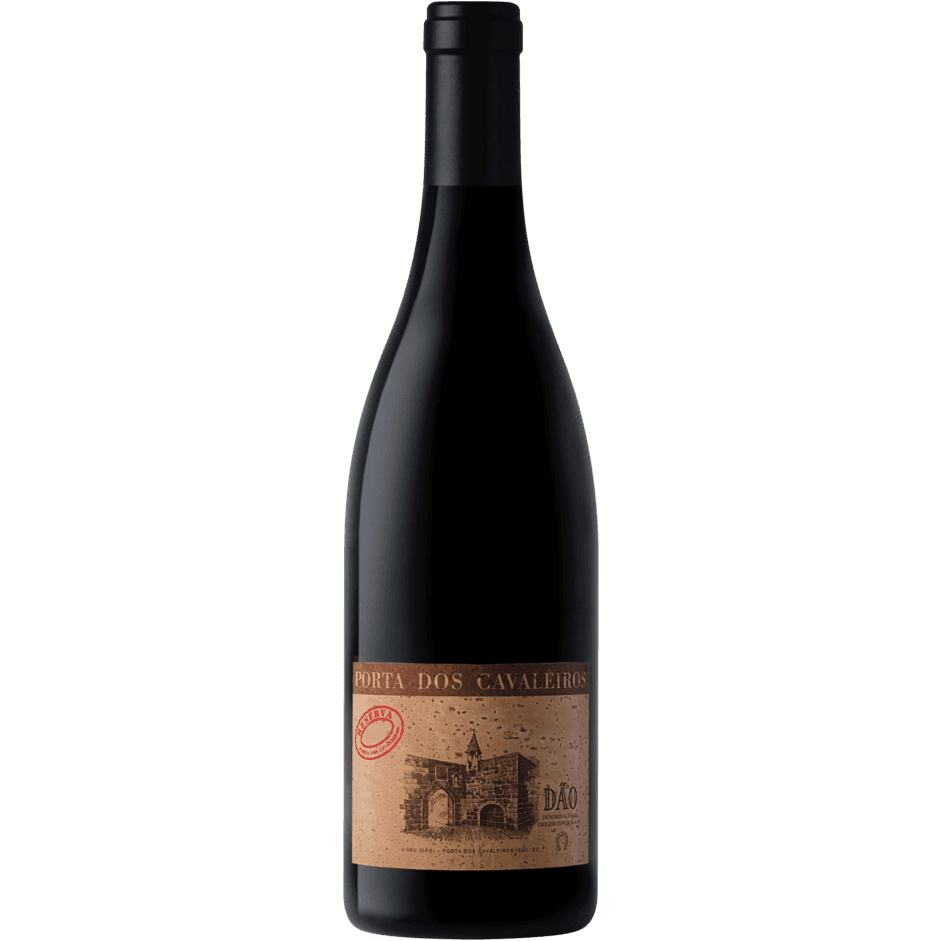Sao Joao Porta dos Cavaleiros Dao Reserva Tinto
Sao Joao Porta dos Cavaleiros Dao Reserva Tinto
Tilgængelighed for afhentning kunne ikke indlæses
Share
Discover the Elegance of Dao: Sao Joao Porta dos Cavaleiros Reserva Tinto Tasting Notes & Pairings
Introduction
From the historic Dao region of Portugal comes Sao Joao Porta dos Cavaleiros Reserva Tinto, a red wine that embodies the region's unique terroir and traditional winemaking. This blend of native Portuguese grapes offers a delightful balance of ripe fruit, spice, and rustic charm. Let's delve into its tasting notes and explore ideal food pairings to enhance your experience.
Tasting Notes
- Appearance: Porta dos Cavaleiros Reserva Tinto showcases a deep ruby red colour with garnet highlights, hinting at its richness and maturity.
- Nose: Aromas of ripe blackberries and cherries mingle with subtle notes of dried herbs, violets, and a touch of warm spice like black pepper.
- Palate: The palate delivers a satisfying medium body with flavours of dark fruit, echoing the aromas. Hints of spice, tobacco leaf, and a touch of earthy minerality add complexity. Well-integrated tannins provide structure and a slightly drying finish, while balanced acidity keeps the wine fresh and inviting.
Food Pairing Suggestions
Sao Joao Porta dos Cavaleiros Reserva Tinto's versatility shines when paired with flavourful dishes:
- Hearty Meats: This wine perfectly complements roasted lamb with rosemary, grilled venison, or a classic beef stew.
- Rich Vegetarian Dishes: Try it with mushroom risotto, grilled portobello burgers, or lentil shepherd's pie.
- Hard Cheeses: Pair with aged Gouda, mature Cheddar, or a bold Comté for a satisfying combination.
- Flavours of Portugal: Enjoy it alongside Portuguese classics like grilled sardines or a hearty chorizo and bean stew.
About the Wine
Sao Joao Porta dos Cavaleiros Reserva Tinto hails from the Dao region, known for its mountainous terrain and granite-rich soils. This wine is a blend of classic Portuguese grape varieties, including Touriga Nacional, Alfrocheiro, and Jaen. Its extended ageing in concrete tanks and further bottle ageing contribute to its complexity and smooth tannins.


